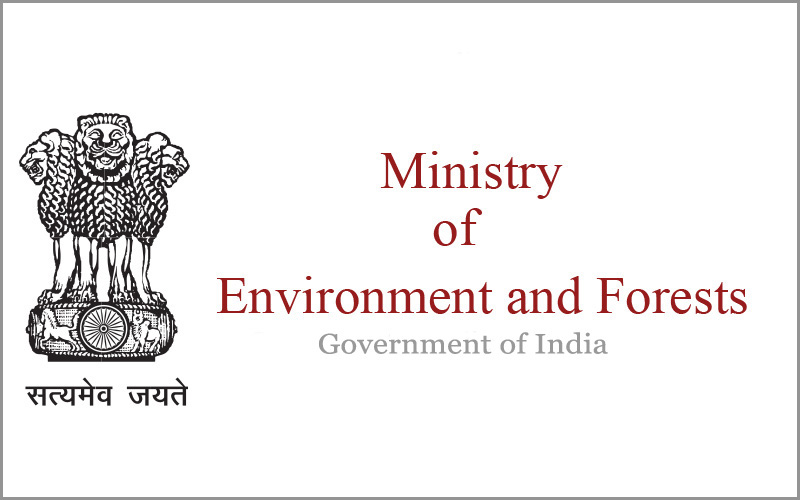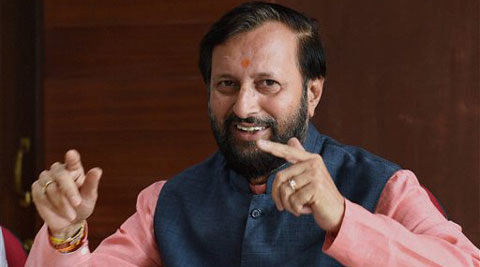

-
The Environment Ministry has notified rules making it incumbent on a wide range of groups — hotels, bulk producers of consumer goods, ports, railway stations etc. to ensure that the solid waste generated in their facilities are treated and recycled.
-
Though the onus on garbage management would continue to be the responsibility of municipal bodies, they would be allowed to charge user fees and levy spot fines for littering and non-segregation.
-
Though these rules would take effect from April 6, there would be a “transition period” of two to five years, beyond which fines would be imposed.
-
Over the past month, the Central Environment Ministry has notified a bunch of rules spanning the recycling and treatment of a variety of refuse, including biomedical, plastic and electronic waste among others.
-
The rules on solid waste management have been amended after 16 years and a key provision is to formalise the profession of rag-picking.
-
Nearly 62 million tonnes of waste are generated annually in India, of which only 11.9 million are treated and nearly half — 31 million — is dumped in landfill sites.
-
According to the Central Pollution Control Board, municipal authorities, as of 2013-14, have so far set up only 553 compost and vermin-compost plants, 56 bio-methanation plants, 22 refuse derived fuel plants and 12 waste-to-energy plants.
-
By 2031, municipal solid waste is expected to increase to 165 million tonnes and, if untreated, would require 1240 hectares of land.
-
According to the new rules, local bodies with a population of one lakh or more were required to set up solid waste processing facilities within two years, census towns below a lakh would be given three years and old and abandoned dump sites would have to be closed or bio-remedied within five years.
